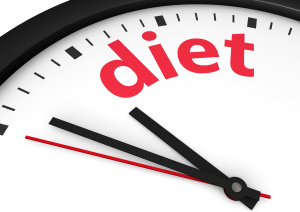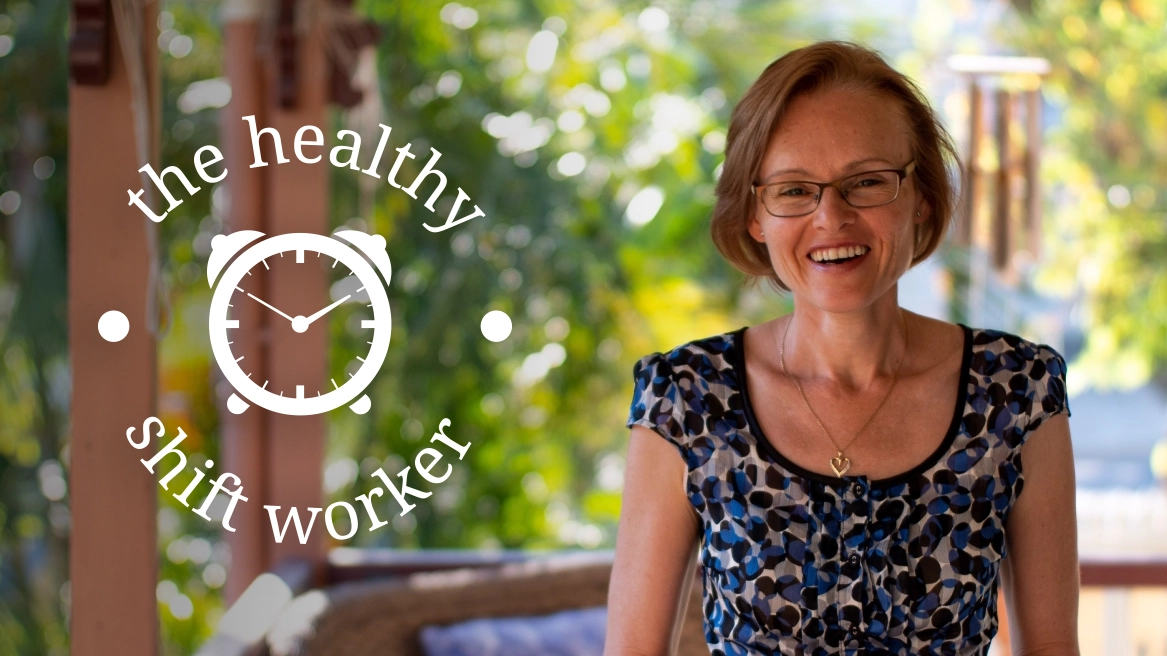 My uniform must be shrinking! Those were the words I said to myself as I slowly began to gain weight soon after commencing my career in aviation way back in 1994.
My uniform must be shrinking! Those were the words I said to myself as I slowly began to gain weight soon after commencing my career in aviation way back in 1994.
Within 12 months of starting shift work I had gained 10 kilograms. Ouch!
I couldn’t work out what was happening to me. Where did that come from? How did that happen? My once lean and athletic body was slowly morphing into something which I had not seen before.
If you’re reading this article right now, then you can probably relate to my situation.
However the harsh reality is that sleep deprivation affects our metabolism and hunger hormones which causes us to eat more. So if you’re surviving on little sleep (i.e. a shift worker), then you’re more likely to be struggling with your weight.
I so wish somebody had told me this when I signed up to work shift work all those years ago!
In fact there have been studies pointing a direct link between the amount of sleep people are getting and their waist circumference.
A cross-sectional study of 1612 female workers in 10 large electronic factories in Malaysia who worked three different types of shifts, had significantly higher BMI levels indicating a direct link between shift work and being overweight.*
And it doesn’t stop there.
A Swedish study involving 27, 845 shift workers and non-shift workers which measured metabolic risk factors such as obesity, hypertension, high triglycerides and HDL cholesterol showed a much higher prevalence of obesity in shift workers as opposed to the day workers.**
But this does not mean you’re destined to be overweight.
Our lack of sleep causes poor nutritional choices – not the other way round.
It causes us reach for the fast food because it’s much easier. The frozen dinner, the canned food or even a loaf of bread can become a regular appearance on the dining table of many a shift worker around the world.
When we’re constantly sleep-deprived eating badly becomes a hard cycle to break.
Unless of course you make a choice.
A choice to improve your lifestyle. To eat more wholefoods which are going to help nourish and heal your body, as opposed to those which will ultimately lead you to being overweight and undernourished.
Knowing how certain behaviours can influence these outcomes is going to set you a part from the rest of the shift working population – and subsequently help to save your waistline, as long as you take the appropriate action.
This means taking a good hard look at your diet because consistently poor choices is going to lead to weight gain – no question.
Shift work certainly enhances our likelihood of gaining weight because it saps our energy and willpower, but it doesn’t have to be that way. It’s about making better informed choices – consistently. Because when it comes to losing weight, what you do every day is always going to have a much bigger effect than what you do once in a while.
*Chee, H et. al 2004, ‘Body Mass index and factors related to overweight among women workers in electronic factories in Peninsular Malaysia’, Asia Pacific Journal of Clinical Nutrition.
**Karlsson, B, Knutsson, A and Lindahl B 2001, ‘Is there an association between shift work and having a metabolic syndrome?’ Occupational and Environmental Medicine.



0 Comments